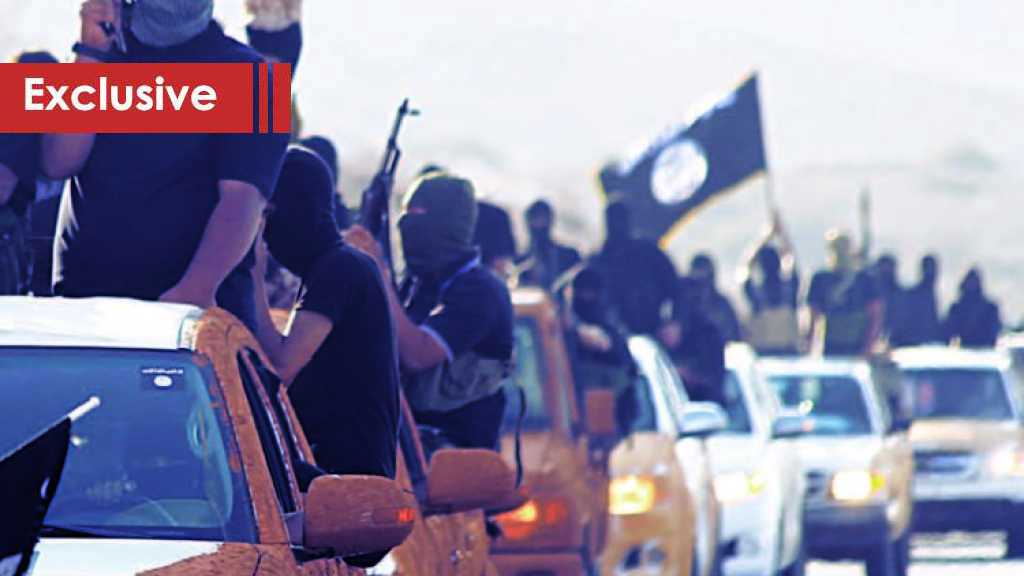Undermining Political Rights in Bahrain: A Prolonged Systematic Brutality

By Sondoss al-Asaad
Ten years since the onset of the 2011 popular uprising, Manama's regime has decided to terminate the political action in the country after dissolving all political societies and liquidating their funds on flimsy pretexts, which has been confirmed by Amnesty International in its report, “No one can protect you.”
The report along others highlights the dismantling of political activism in Bahrain by targeting the leaders and members of political societies due to their national stances against corruption, monopoly, brutality and the culture of impunity.
This campaign has been led by the Minister of Justice, Islamic Affairs and Endowments, Khalid bin Ali Al Khalifa, a member of the ruling family and whose personal relation with the peaceful opposition is only characterized by animosity and hostility.
Undermining political action is indeed an arbitrary approach that the authorities insist on following against the opposition, for nothing but to consolidate absolute rule.
This approach has been followed with all opposition political societies, starting with the Islamic Action Society [Amal] and then the top opposition bloc Al-Wefaq National Islamic Society, all the way to the secular National Democratic Action Society [Waad], which was dissolved on May 31, 2017.
The dissolution of Al-Wefaq and the liquidation of its funds came on the basis of malicious allegations, including: Providing an incubating environment for terrorism and extremism; Calling for external intervention in internal national affairs; Inciting violence and encouraging mass rallies and sit-ins; organizing activities that cause strife in the country; Criticizing the performance of the authorities, etc.
Targeting Al-Wefaq continued with the arbitrary detention of Sheikh Ali Salman, the top opposition leader, with the aim of silencing and framing all political associations, and instead formulating sham associations to whiten the face of the regime before the international community.
Definitely, Bahrain's judiciary is non independent and human rights organizations have frequently described as unjust and subservient to the authority.
This confirms the regime's public and comprehensive prosecution of all the citizens, turning Bahrain into a big prison in light of the firm popular conviction that Al-Wefaq is not just a political association, but rather a natural organization that reflects the people's aspirations, due to the broad segment it represents.
Thus, there is no solution in Bahrain without a comprehensive political solution and a genuine political partnership, which guarantee the building of a state of institutions and law, the achievement of justice and development within the framework of a constitutional monarchy similar to the modern kingdoms.
Manama regime must come out of the crucible of exclusivity of public opinion and must engage people in the political process, and thus be able to see the broad horizon of a policy solution that will be reflected in all aspects of life in Bahrain because the marginalization of constitutional institutions has done a great deal of damage to the local economy.
Likewise, the security mentality, the suppression and marginalization of elites, and the importation of an alternative people has impeded human development in the country.
Comments




